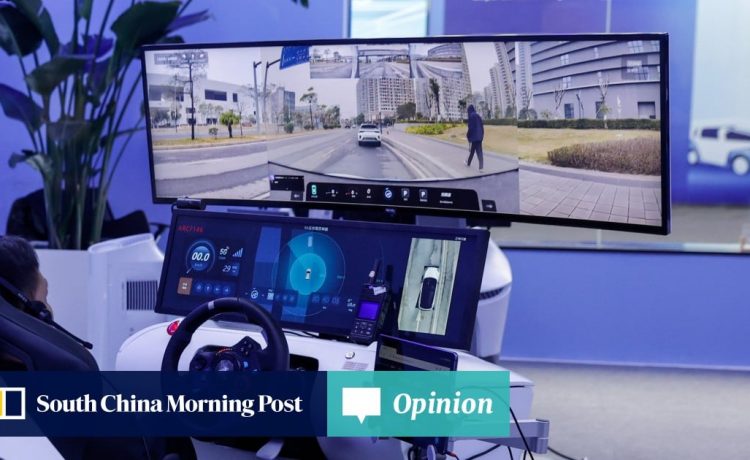In the UK, for example, an estimated £138 billion (US$175 billion) is forecast to be spent on pensioner benefits in 2023-24, £125 billion of which will go on state pensions. The British experience is in line with other developed countries which are experiencing rising healthcare spending as their populations age.
Why China needs to mind the earnings gap
Why China needs to mind the earnings gap
At the current rate of change, it is likely that all but a few professions will fall prey to automation and AI. Hence, more needs to be done. Most of the wealth the productive and profitable economies are producing must be redistributed to ensure everyone has a decent life, regardless of whether they are productive.
How to achieve this is the real challenge facing governments and industries alike. Automation and AI are making human contributions to the global economy unnecessary and obsolete. The unprecedented wealth that implementation of this technology is generating is being amassed by the new elite.
Hence, one of the most significant challenges facing governments and societies in the 21st century is not ageing populations but, rather, the growing difficulty that many people face in trying to make a living. New socioeconomic paradigms must be developed to redistribute this growing wealth to ensure everyone – young or old, productive or not – can enjoy a decent life.
Patrik K. Meyer is currently a visiting professor at Halic University in Istanbul and a research associate at the Centre on Conflict, Development and Peacebuilding at the Geneva Graduate Institute









